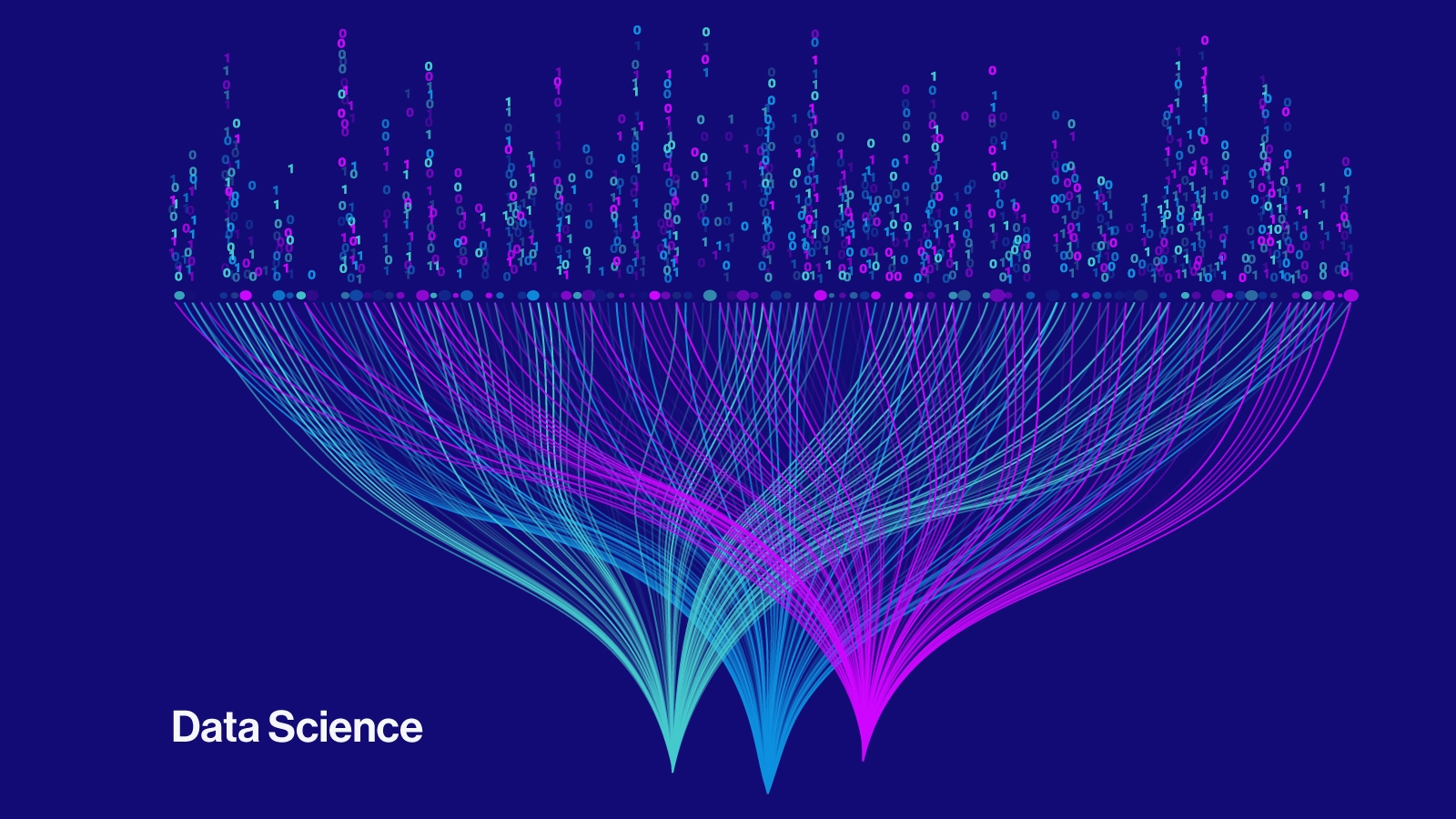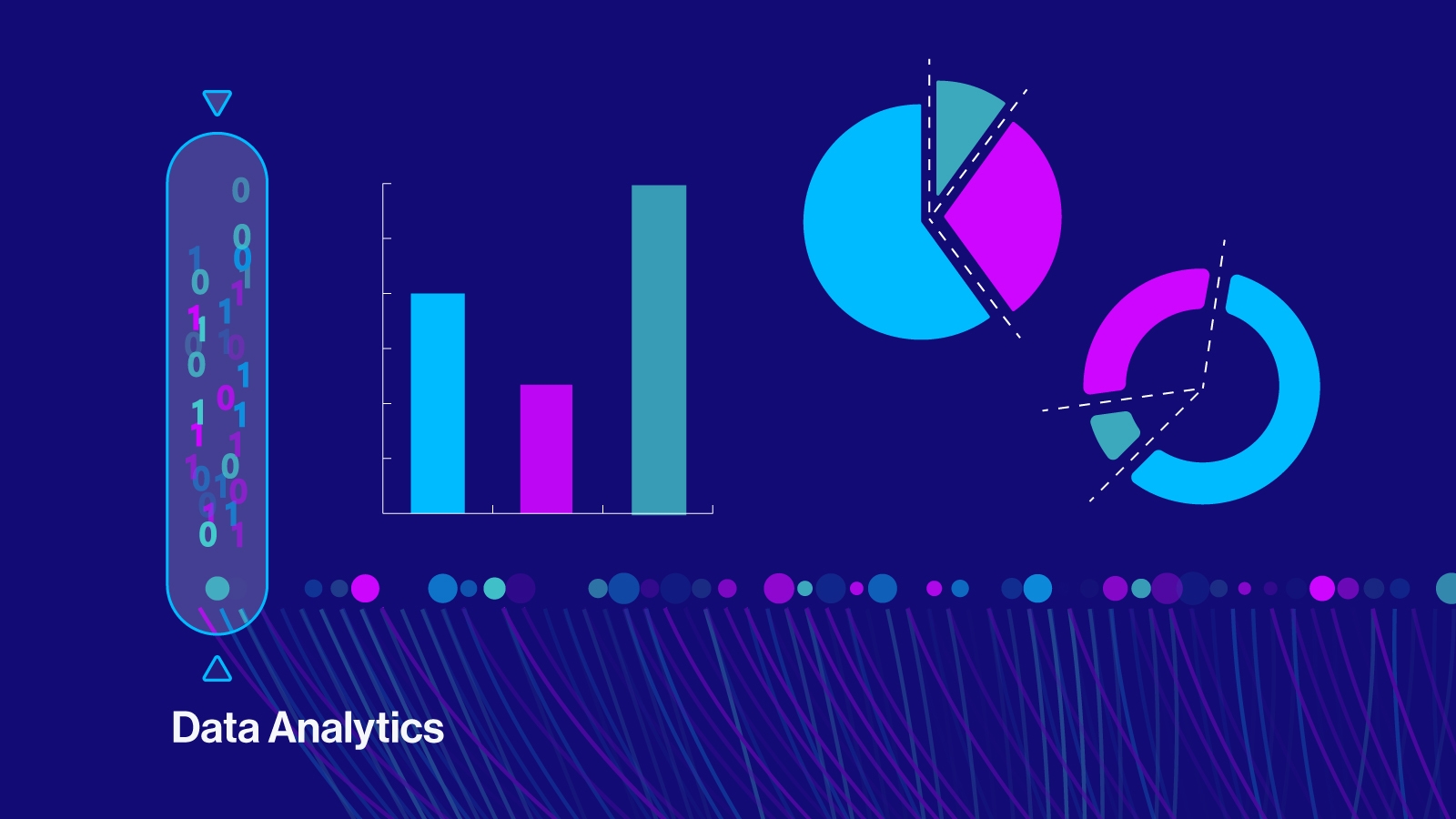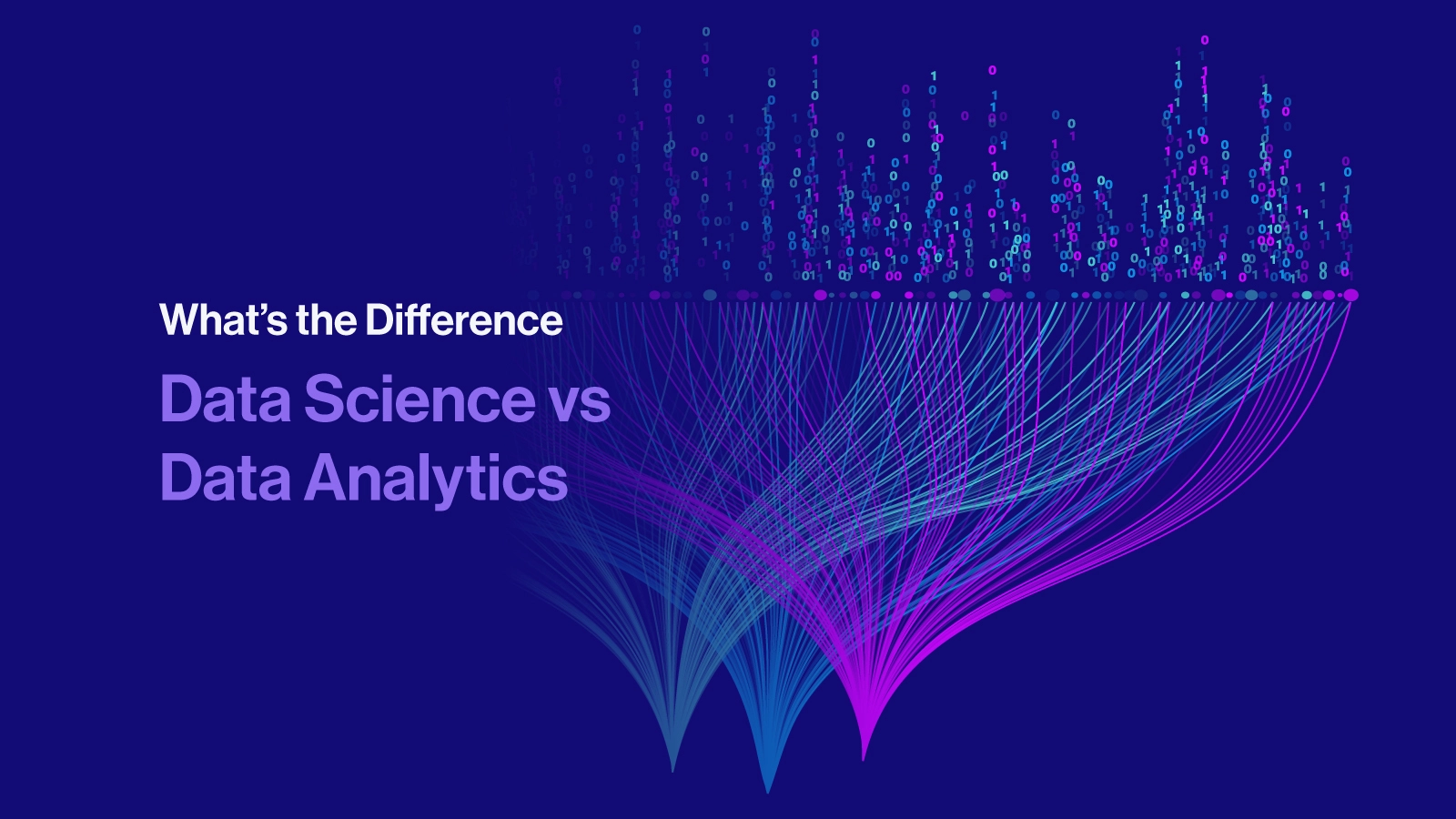Data Analytics vs. Data Science: What’s the Difference?
Data is the most valuable resource for organizations and businesses. But if there is no way to leverage the large amounts of data a corporation has, it’s meaningless. With an ever-growing need for data that defines business decisions, two key fields are paving the way for big data to be digested: Data Science and Data Analytics.
Data Science and Data Analytics take full advantage of the massive processing power we adopted in our computers in the last 10 years. The rise in AI automation and the extensive use of analytics software, Data Science, and Data Analytics made a huge boom in the market for Big Data. We want to explore the differences between Data Science and Data Analytics.
What is Data Science
Data science is a field in which data scientists capture, maintain, analyze, process, and communicate actionable insights from large data sets. They develop algorithms to parse, sift, and research vast amounts of sometimes raw unorganized data. It brings together skills from data analytics, the complexity of computer science and machine learning, and innovative applications of artificial intelligence to complete complex and interconnected tasks such as data modeling, building algorithms, implementing data structures, and organizing data.
When we think of data scientists we think of specialists that can manage a data set and input them into an artificial intelligence and machine learning algorithm that can perform a certain task. Almost all AI and ML tasks require either large structured data sets or unstructured data in which data scientists will deploy algorithms to straighten up the data or optimize the data for AI and ML uses.

Examples of Data Scientists include:
- organizing and classifying datasets
- developing algorithms to gather and organize data in a feasible and non-tedious way
- Find patterns and trends in datasets to uncover insights from organized data
- develop predictive models with AI and ML for theorizing and forecasting
- Communicate recommendations to other teams and senior staff
- conceptualize and build statistical models to analyze data trends, patterns, relationships, and outliers
Data science is a very complex and interesting study and requires extensive insight to help businesses deploy strong AI models and algorithms so that businesses can make extremely educated long-term strategic decisions.
What is Data Analytics
Data analytics is a field in which analysts take structured data from an organization and pull useful insights. Data analytics while similar doesn’t take on the full responsibility of a data scientist who at large handles the entire data infrastructure. Data Analytics uses data visualization tools and can pull valuable insight from a given dataset. While this seems similar to that of data scientists, data analysts generally don’t search for overarching questions but instead seek to answer specific questions.
When we think of Data Analytics we think of specialized analysts that can display and draw key conclusions from a graph or dataset to help businesses answer granular questions for specified topics like sales, advertising, marketing, commerce, and other correlated business needs. They specialize in being able to identify and read data to convey to their team effectively.

Examples of what data analysts do:
- identify the data that needs to be analyzed for a specific metric
- collect the data in a feasible manner
- Scrub and clean the data of any outliers in preparation for analysis
- analyze the data and convey them to the team for evaluation with data visualization tools
- to make suggestions and correlations to attain business goals based on intuition.
Data analytics can seem easy for people who like numbers and statistics. And while their process is much simpler, don’t let that take away from the fact that data analysts are still an important part of obtaining a better understanding of the large amounts of data that flow through the pipeline.
The Differences between Data Analysts and Data Scientists
These two fields differ in their methodologies, Data Analysts focus on exploring data with data visualization tools whereas Data Scientists explore data with algorithms, machine learning, and artificial intelligence.
- Data science skills include data modeling, predictive analytics, and a high level of expertise in software engineering/programming (using numerous languages). They use large and sometimes unorganized datasets to train iterative AI models to extract knowledge and insights. These insights can be for businesses and corporations to understand overarching trends in the target industry.
- Data analytics skills include business intelligence tools, solid statistics knowledge, intermediate programming skills, and the ability to explore data using SQL and Python. They leverage organized datasets given to them by a corporation to answer specific questions to help the corporation make well-informed decisions. These analytics can be used for potential new products, services, or programs to boost sales through the prediction of future sales or purchasing behaviors based on previous data.
No matter what you are doing with data and how you choose to analyze and extrapolate information, both require the use of powerful computing solutions. Gathering data from various resources can be accelerated with a powerful CPU to process, write, parse, and organize data. Deploying iterative machine learning models can be accelerated using GPUs and the inherent ability to parallelize computations found in training AI.
Having powerful computing suitable for data science or data analytics can be as large as deploying an HPC infrastructure or can be as simple as using a well-equipped workstation.


